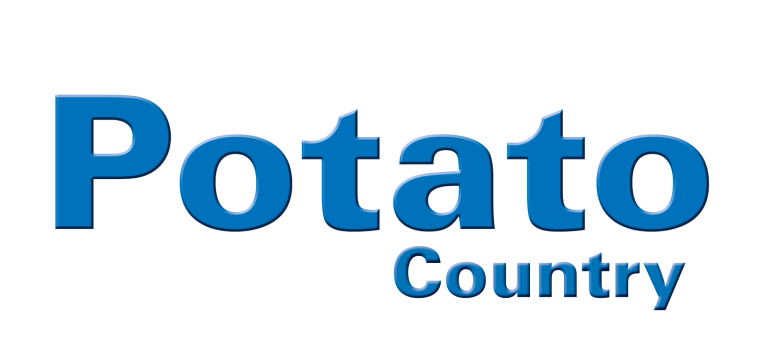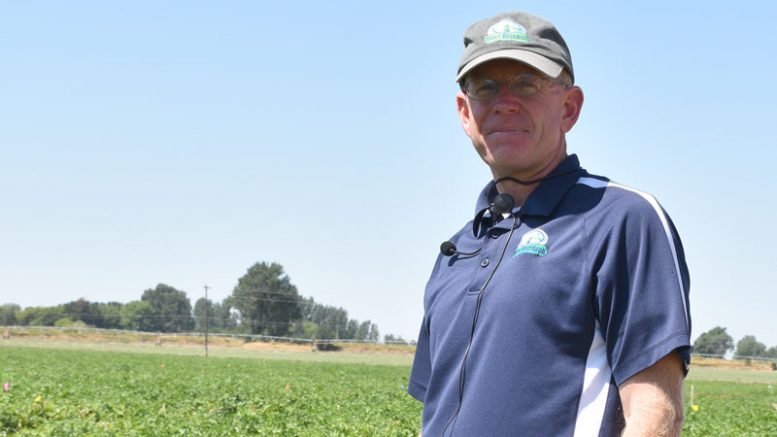|
Click to listen to this article
|
Miller Research will be holding its annual Potato Pest Management Meeting in person on February 16, 2023, at the Historic Wilson Theater in Rupert, ID. The meeting will run from 9:00 am to 12:15 pm with a 15-minute break at 10:30 am. CCA credits and ID, WA, and OR pesticide recertification credits have been requested for the meeting.
For those not able to attend in person, a virtual option will be available. If you want to participate by Zoom, contact Cheryn Suarez (cheryn@millerresearch.com. After registration you will receive the link to attend. Virtual attendees will need to answer questions on Zoom to verify participation. Thus, each person desiring credits needs to be logged in and stay logged in for the duration of the meeting. Contact Suarez if you need to make other arrangements.
Registration is $20 to cover the cost of the meeting. Additional proceeds will be donated to the local 4-H program.
Meeting Agenda:
8:00 am – 9:00 am: Registration
9:00 am – 9:30 am: Name that disease!
This presentation will focus on proper identification of potato diseases. The audience will have the opportunity to identify several examples of potato disease. After the “test,” the answers will be shared with emphasis on how knowing the proper identification can lead to the using the proper control measures and choosing the proper fungicide. Don’t worry – each person gets to grade their own test and nobody else needs to know how well you scored!
9:30 am – 10:00 am: Efforts for controlling powdery scab and PMTV
We will discuss recent work evaluating irrigation management in combination with fungicides and growth regulators as tools for reducing powdery scab and PMTV. The results for several years of fungicide trials will be presented. Research from other areas relating to powdery scab control will also be shared.
10:00 am – 10:30 am: Foliar Fungicides and How to Use Them
Many fungicides are available for combating foliar pathogens. Which ones work best on Alternaria diseases? Should you be more worried about early blight or brown spot? (And how can you tell which is which?) Do some work better on black dot than others? And should I be worried about that? This presentation will answer these questions and provide guidelines for best fungicide use in light of managing fungicide resistance.
10:30 am – 10:45 am: Break
10:45 am – 11:15 am: Improving Soil Health in Potatoes
“Soil health” is a hot topic. How do you define soil health? What makes a soil healthy and what can you do to make it healthier? How does pesticide use affect soil health? This presentation will discuss these questions and share results from field trials that were designed to improve soil health in potatoes.
11:15 am – 11:45 am: Using All the Tools in the Pink Rot Management Toolbox
Managing pink rot requires a multi-pronged approach. We will discuss all the tools available for managing pink rot along with the strengths and weaknesses of available fungicides. We will also discuss how these management practices affect Pythium leak.
11:45 am – 12:15 pm: Keeping Spuds Safe in the Soil
Fusarium dry rot and Rhizoctonia canker are two soil-borne diseases that can affect potatoes early in the season. We will share results of seed treatment and fungicide trials aimed at managing these diseases, along with post-harvest control tools.

